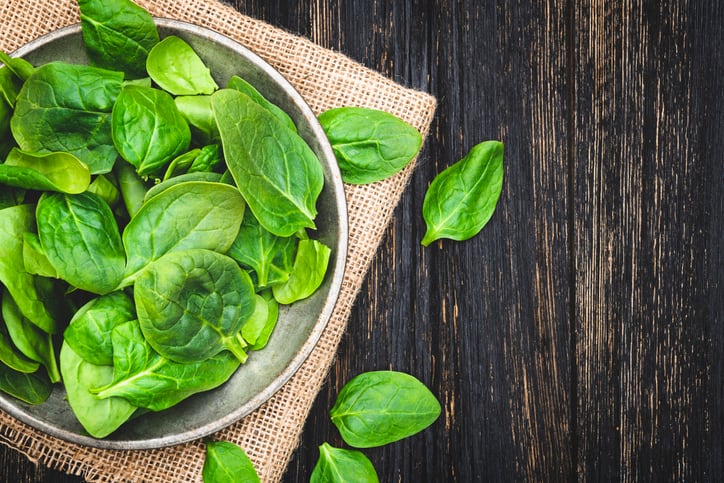The research from Ningbo University, China, found that the blue-green algae may also enhance the diversity and richness of the microbiota after strenuous exercise.
“Our research results are of profound significance and offer valuable insights, facilitating a better comprehension of the mechanisms through which spirulina elicits similar responses in humans and other animal locomotion populations,” the researchers wrote in the journal Nutrients.
Spirulina and sports performance: what’s the link?
Rich in protein, vitamins, minerals, carotenoids and antioxidants, spirulina is the dried biomass of cyanobacterium. Its antioxidant properties have led researchers to investigate its potential benefits in relation to exercise and training.
This is because high intensity exercise can induce oxidative injury and trigger the generation of reaction oxygen species (ROS), damaging proteins and lipids in the muscles.
The researchers therefore hypothesized that supplementing with spirulina could help to ameliorate oxidative stress-induced muscle damage.
Study details
In their study, Wang et al. divided 24 albino (BALB/c) mice into four groups. The control group were tube-fed with saline and permitted uncontrolled movement, while the ‘running’ group received the same solution in conjunction with a structured exercise regimen.
Of the remaining two groups, one was given spirulina powder, sourced from the Yunnan Chenghaibao Company, at a lower concentration of 100 mg/kg per day, while the other was given a higher concentration of 300 mg/kg. Both groups were subjected to a four-week high-intensity exercise regime.
The lower concentration reflects the average daily intake of spirulina in elite college athletes. The higher concentration was chosen because previous research has shown that 300 mg/kg of spirulina holds significant therapeutic potential in the management of inflammatory pain disorders.
Spirulina appears to ameliorate oxidative damage
While both low and high concentrations of spirulina elicited a rise in the body weight of high-intensity exercise mice compared to the saline groups, these results did not attain statistical significance.
However, spirulina appeared to restore damaged muscles, with mice in these groups presenting with a more favorable preservation of muscle fiber dimensions compared to the other groups.
Furthermore, in the saline groups, the mice exhibited extensive liver damage, whereas in the spirulina groups, the liver cells were more tightly packed and arrayed radially around the central vein.
“These findings unequivocally suggest that spirulina is capable of mitigating the damage inflicted upon liver and muscle tissues during high-intensity exercise,” the authors wrote.
Enhanced diversity and richness of gut microbiota
Supplementation with spirulina also appeared to reverse increases in oxidative stress levels triggered by high-intensity exercise. High concentrations of spirulina seemed to be particularly effective, leading to a “remarkable” reduction in ROS levels, the researchers reported.
Findings also indicated that the blue-green algae powder had a clear influence on the gut microbiota. ROS is known to profoundly affect the equilibrium of the gut microbiota, culminating in a reduction in beneficial bacterial populations and a concurrent increase in harmful bacteria.
Data analysis showed that compared to the running group, both of the spirulina groups exhibited a substantial increase in intestinal flora composition.
“This augmentation attests to the capacity of spirulina supplementation to enhance the diversity and richness of the microbiota in high-intensity exercise mice,” the researchers wrote.
An ‘efficacious natural supplement’
Overall, while mice in the control and running group experienced a raft of adverse outcomes, the spirulina groups showed enhanced bodily resilience.
While the researchers noted limitations to their research including the small sample size, a short research period and a lack of data on the maintenance of spirulina’s effects, they concluded that spirulina seemingly constitutes an “efficacious natural supplement.”
“We are currently conducting a two-month clinical trial on spirulina intervention in normal college students and football players," they concluded. “This trial will confirm the universality and long-term validity of the conclusion.”
Source: Nutrients. doi: 10.3390/nu17020355. “Spirulina Supplementation Alleviates Intense Exercise-Induced Damage and Modulates Gut Microbiota in Mice.” Authors: C. Wang, et al.



